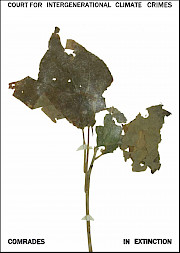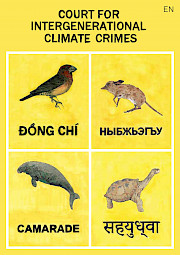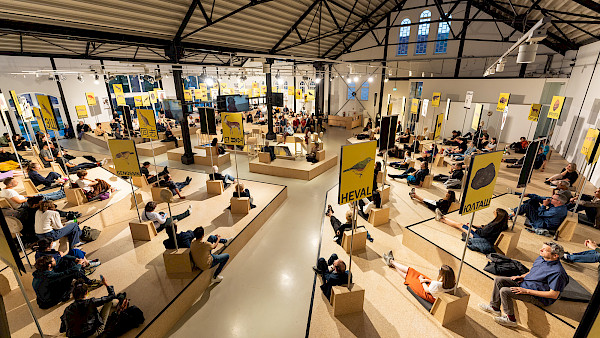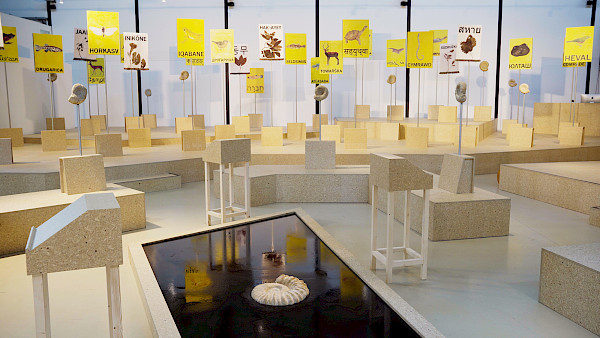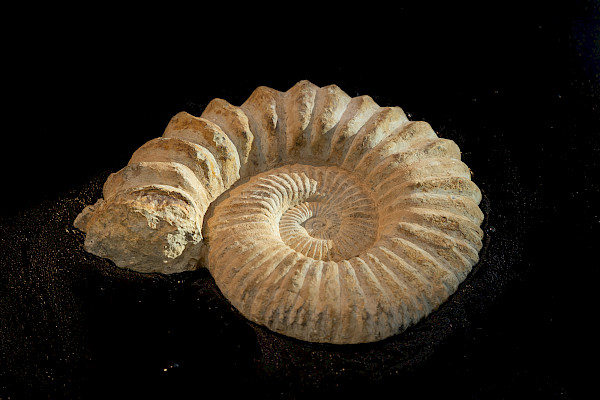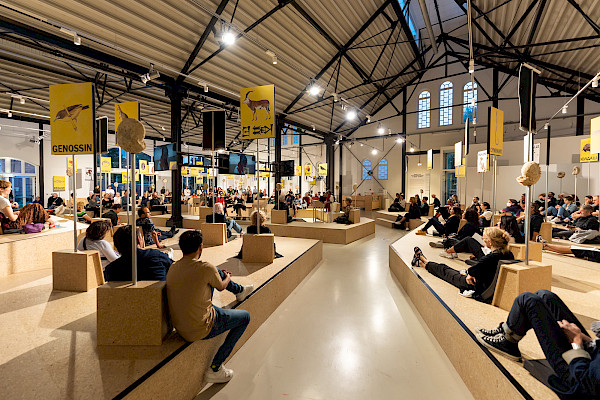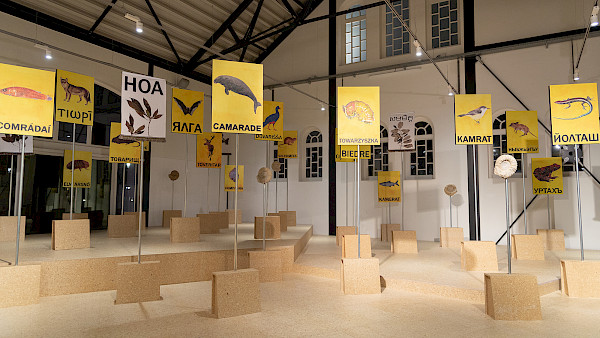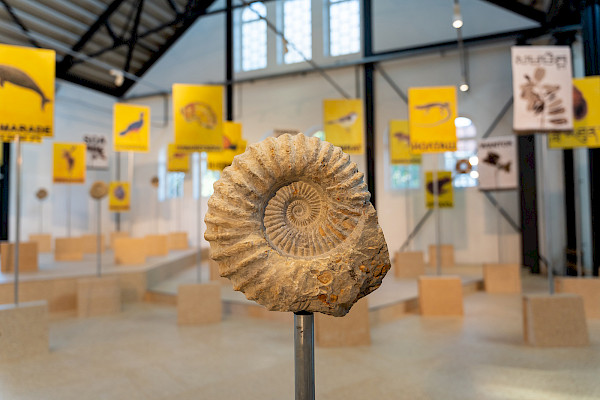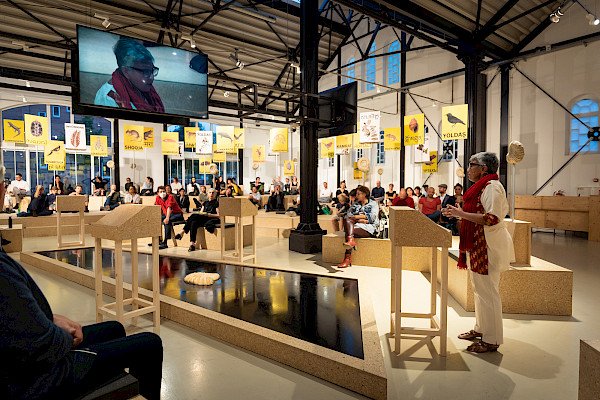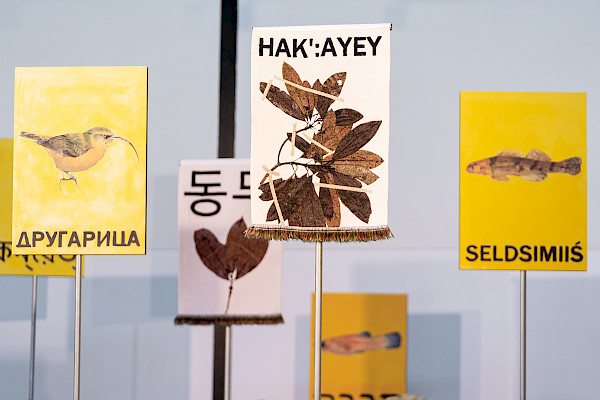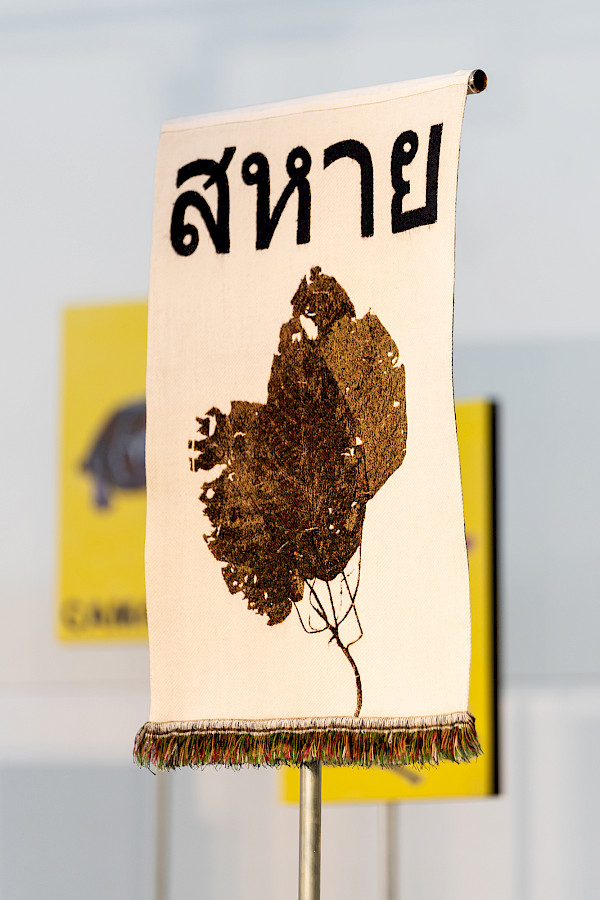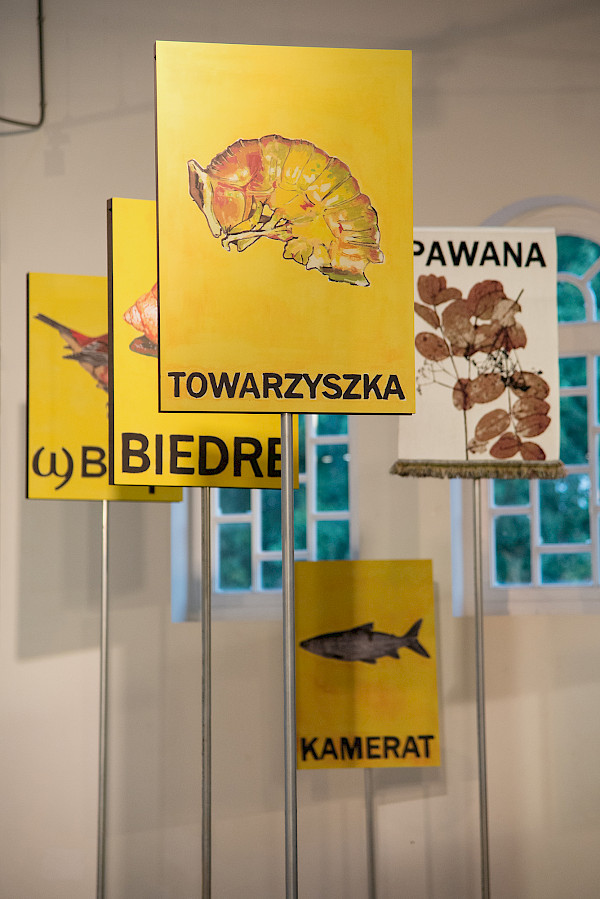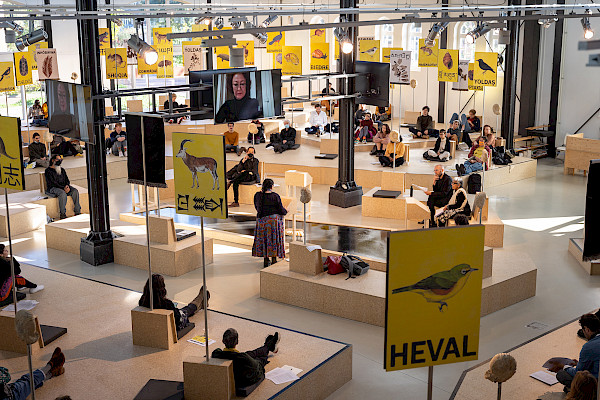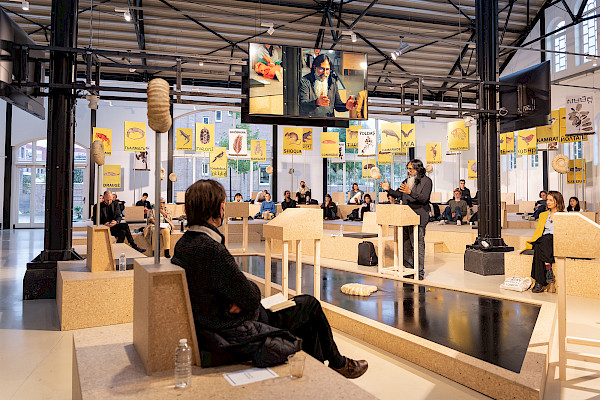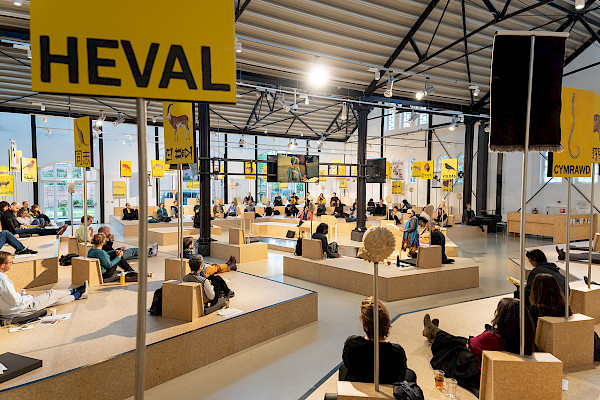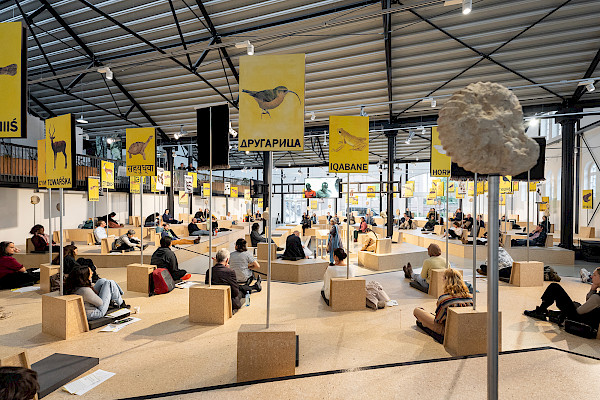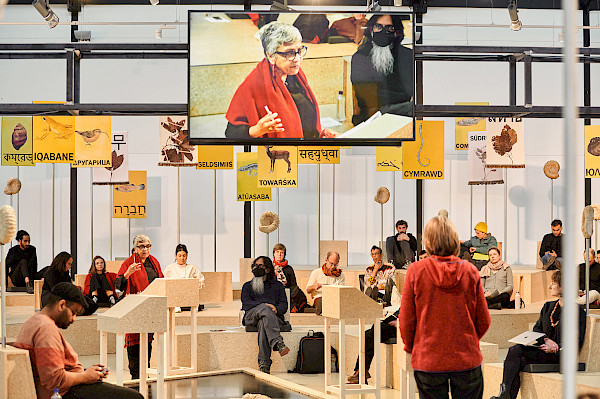Court for Intergenerational Climate Crimes (CICC)
2021
September 25, 2021-January 16, 2022
Framer Framed, Amsterdam
The Court for Intergenerational Climate Crimes (CICC) consists of a large-scale installation in the form of a tribunal that prosecutes intergenerational climate crimes.
The CICC held hearings against Unilever, ING, Airbus and the Dutch State in which evidence was presented by prosecutors and witnesses relating to intergenerational climate crimes committed by corporations and states acting in concert. This was followed by the presentation of evidence of alternative forms of collective action in defense of intergenerational climate justice.
The CICC focuses on corporations registered in the Netherlands as well as the legal frameworks established by the Dutch state system supportive of the corporations. The proceedings of the tribunal were led by four judges: Radha D’Souza, Sharon H. Venne, Nicholas Hildyard and Rasigan Maharajh. The legal framework of the CICC is based on D’Souza’s book What’s Wrong with Rights? (Pluto Press, 2018), a critical analysis of neoliberal legal institutions.
The CICC provides evidence of past and present climate crimes by looking at their impact on the here and now, as well as on planetary life in the future. As such, the tribunal rejects the linear, individualised narratives that underlie the current legal system.
In addition to prosecutors, witnesses and the public, the tribunal consists of an ecology populated by extinct animals, plants and ammonite fossils. Each of them, in a different language, is referred to as “comrade”. These non-human ancestors are both evidence of past intergenerational climate crimes and witness to the collective effort of the CICC to contribute to intergenerational climate justice in the present and future.
The hearings include evidentiary testimony and presentations from individuals and collectives representing Blue Planet Project, The Centre for Research on Multinational Corporations (SOMO), Global Legal Action Network (GLAN), Kenya Land Alliance, Oyu Tolgoi Watch (OT Watch Mongolia), Pueblos Indígenas Amazónicos Unidos en Defensa de sus Territorios (PUINAMUDT), Réseau d’Information et d’Appui aux ONG Nationales (RIAO-RDC), Stop Wapenhandel – European Network Against Arms Trade, Synergie Nationale des Paysans et Riverains du Cameroun (SYNAPARCAM), Vettiver Collective, WALHI West Java (Friends of the Earth Indonesia), Watch The Med, a.o.
-
PROJECT BY
Radha D'Souza and Jonas Staal
-
PROJECT TEAM
Radha D’Souza (lawyer, writer, academic); Jonas Staal (artist); Josien Pieterse & Cas Bool (co-producers, Framer Framed); Paul Kuipers (architect); Remco van Bladel (designer); Ashley Maum (researcher and co-programmer, Framer Framed); Kees Stad (researcher and co-programmer); Nadine Gouders (coordinator and researcher, Studio Jonas Staal); Jean Medina (production coordinator, Framer Framed); Vincent W.J. van Gerven Oei (translation advisor); Ruben Hamelink (filmmaker and photographer); Dinara Vasilevskaia (designer, Framer Framed); Rolien Zonneveld (head of creation and (social) media strategy, Framer Framed); Betül Ellialtioglu (communication and PR coordinator, Framer Framed); Irene de Craen (translation); Michael Klinkenberg, Roelof Vossebeld, Lies van Dam, Daan Hoffman, Noud Vossebeld, Nick van Dijk, Thomas de Kroon, Tim van Elferen, Iwan Kolk, Bas Verduijn, Freerk Wieringa, Alja Bronswijk (production team installation, The Adventures of Mr. Soundmount).
-
COMMISSIONED AND PRODUCED BY
Framer Framed, Amsterdam, in partnership with Van Abbemuseum, Eindhoven, and Textielmuseum, Tilburg
-
SUPPORTED BY
Amsterdam Fonds voor de Kunst; Mondriaan Fund, Amsterdam; Gemeente Amsterdam – Stadsdeel Oost; Stimuleringsfonds voor Creatieve Industrie, Rotterdam; Outset Netherlands, Amsterdam
-
Publication:
